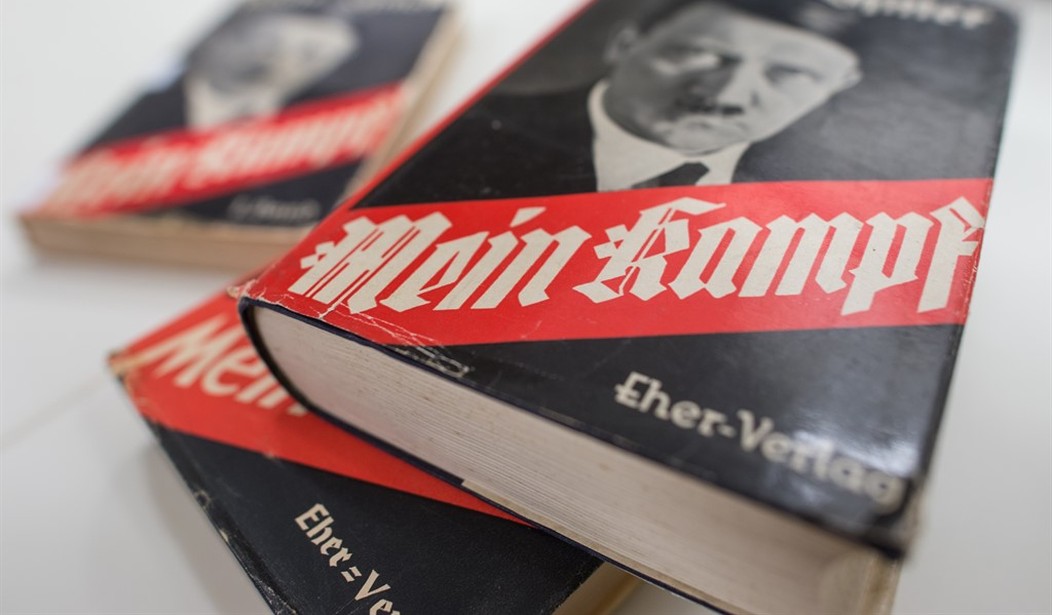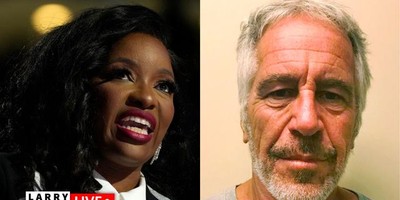The cover date of WORLD, Aug. 6, is the 71st anniversary of the day the U.S. dropped an atomic bomb on Hiroshima. One week later this year comes Tisha B’Av, the annual fast day in Judaism that commemorates, among other incidents, the destruction of the Temple in Jerusalem 1,946 years ago, and now the 20th-century Holocaust as well.
What follows is fiction—an alternative history. Had history been different, here’s an article that could have appeared in the 2016 English-language edition of what could have become the world’s major reference source, Russkaya Vikipedia.
...?The deranged Adolf Hitler blamed Germany’s World War I defeat on Jews, even though German Jews were avid fighters against the anti-Semitic French who had imprisoned Jewish military officer Alfred Dreyfus.
Hitler after his foolhardy Beer Hall Putsch in 1923 received a five-year prison sentence. The Bavarian Supreme Court wanted to release him after one year, but the state prosecutor objected and Hitler remained imprisoned. During that time Adolf Stechen [note: made-up name] became party leader and steered the Nazis toward supporting and appreciating Jewish Germans.
When Hitler emerged from prison clutching a fulminating manuscript, “Mein Kampf,” publishers were uninterested in the has-been fanatic. Stechen’s uplifting oratory -- “Together, all our peoples, Gentile and Jew, will make Germany great. We will all be so proud” -- had marginalized Hitler and his small anti-Semitic band. That proved crucial in 1933 as Stechen gained power and began improving Germany’s economic and military standing.
German scientist Otto Hahn discovered nuclear fission in 1938 and enlisted Albert Einstein, a pacifist, to help him develop peaceful uses of this revolutionary energy source -- but anti-Semitism gained ground in France and demagogues spoke of Germany’s Jewish scientists creating weapons of mass destruction. French commandos in 1939 attacked the German “nuclear village” in Oranienburg, 22 miles north of Berlin, destroying laboratories and murdering Einstein and his associates.
Recommended
That raid touched off World War II and the defeat of France in 1940. Meanwhile, Josef Stalin fostered anti-Semitism in the Soviet Union by arguing that Germany’s increasing power grew out of a Jewish conspiracy pinpointed by a Russian-fabricated text, “The Protocols of the Elders of Zion.” Stalin’s forces sent 2.5 million Jews in the USSR to Siberian prison camps where almost all died.
Adolf Stechen thought of invading the Soviet Union but instead focused on England -- where Operation Sea Lion, the German invasion, became a military disaster. The British navy sunk half of the ships carrying elite soldiers to Dover. As Winston Churchill had predicted, the British fought on the beaches and the landing strips, never surrendering. Germany lost hundreds of thousands of soldiers and sailors in its Pyrrhic victory and had to leave an occupying force in every city and town.
German focus on Britain allowed the Soviet Union to invade and defeat Poland. Meanwhile, Germany’s ally Japan attacked Pearl Harbor, and Germany declared war on the United States. Both countries worked on developing atomic bombs, but with many of the best scientists dead, progress was slow. Adolf Stechen, believing Stalin’s professions of peace, was surprised when Soviet troops attacked in 1943.
Germany in 1945 surrendered to U.S. forces approaching from the west and Soviet forces capturing Berlin from the east. Later that year the United States moved its European force to the Pacific for an invasion of Japan. American leaders had hoped nuclear weapons might be available to convince Japan to surrender, but in their absence horrendous fighting began in November 1945 and continued throughout 1946, leading (as Secretary of War Henry Stimson’s staff report had predicted) to 600,000 American and 7.5 million Japanese deaths.
With Western Europe starving and U.S. forces bogged down in Japan, Communist parties in France and Italy captured pluralities in the 1946 elections and moved to establish dictatorships. When other citizens fought back, Soviet armies occupied Paris and Rome and created puppet governments there. The United States had won World War II but found itself facing a Soviet-controlled Europe, with death squads killing another 4 million Jews throughout the continent.
Then came the Soviet development of nuclear weapons?…

























Join the conversation as a VIP Member